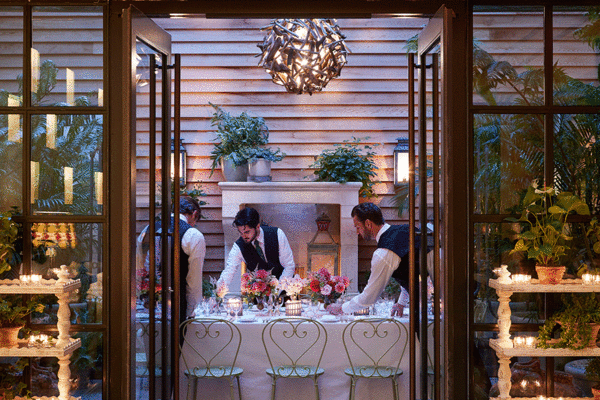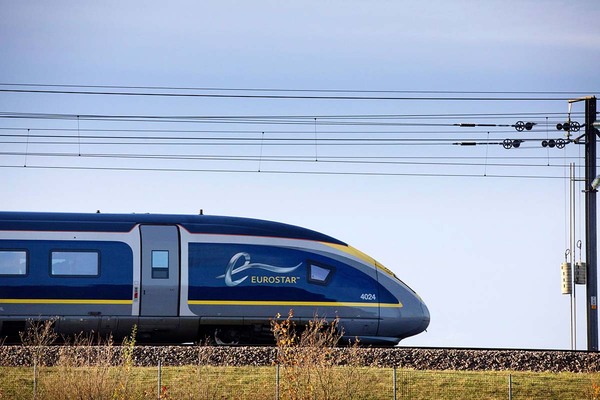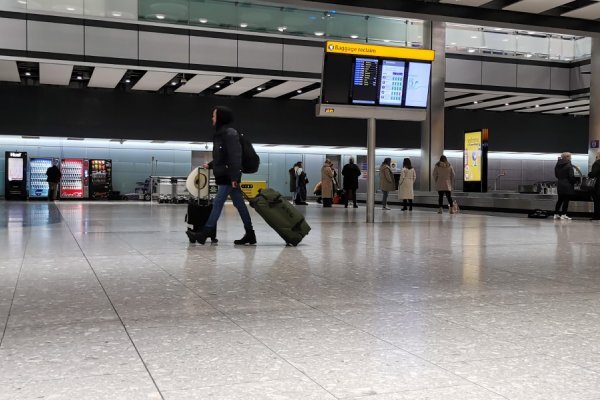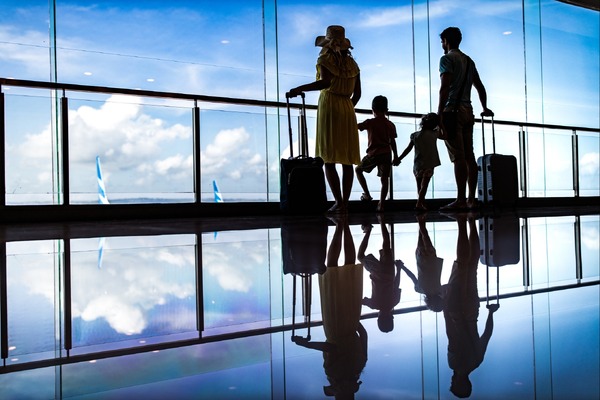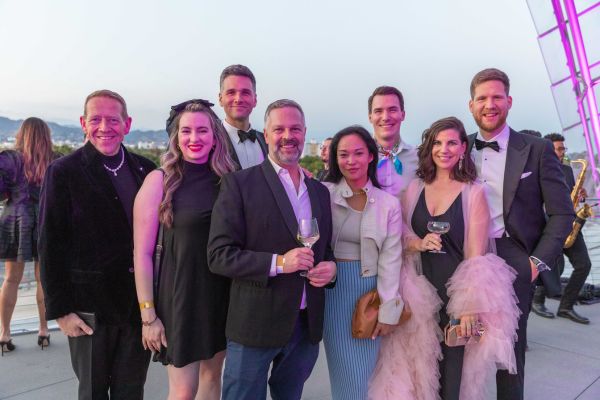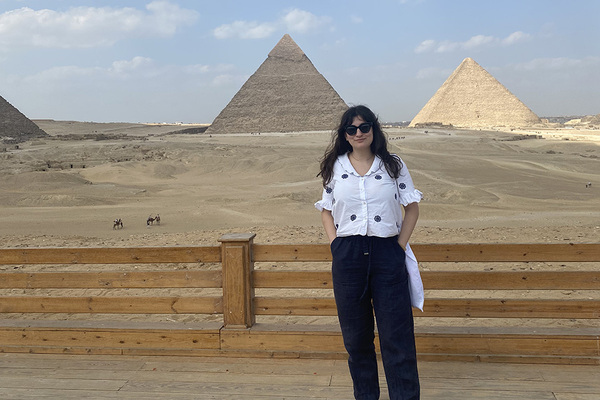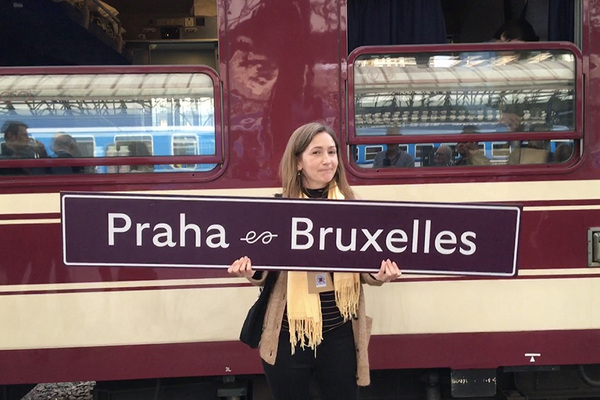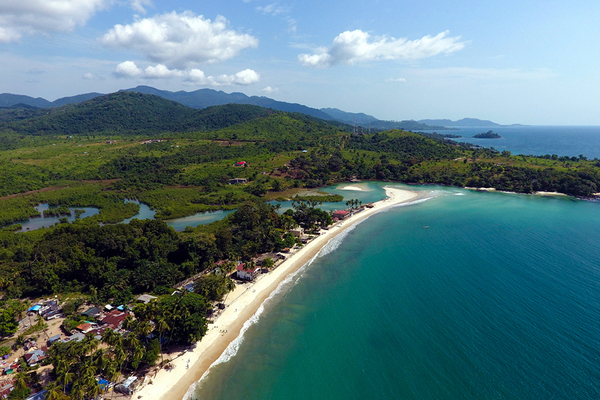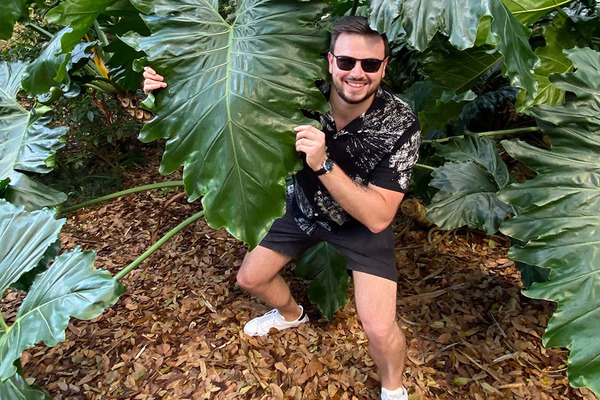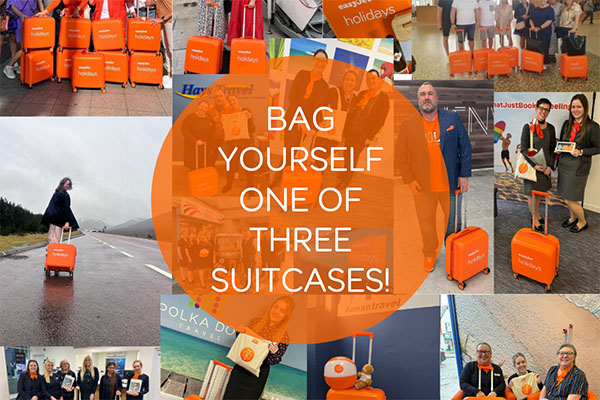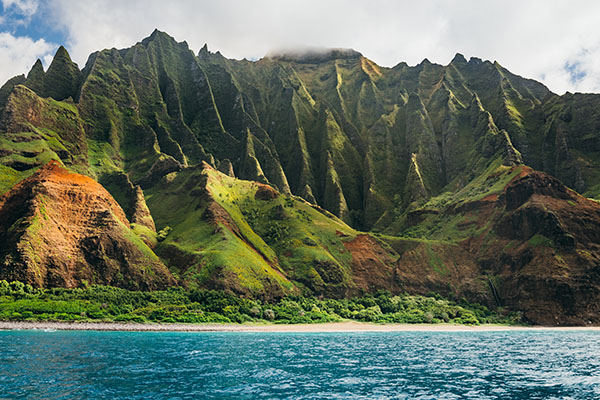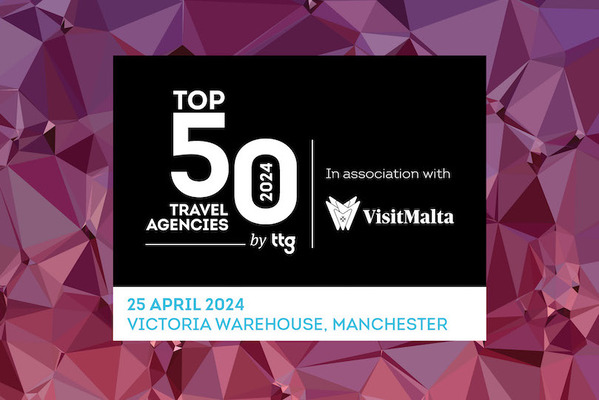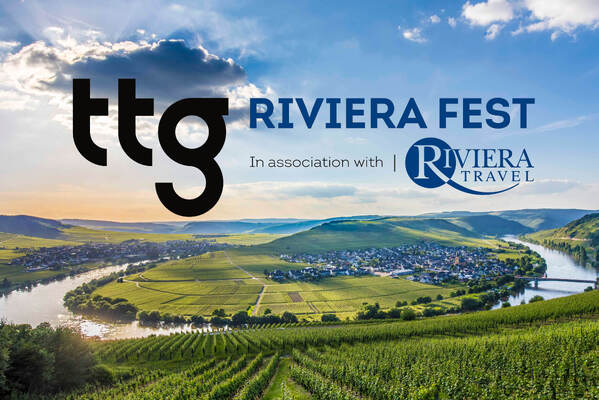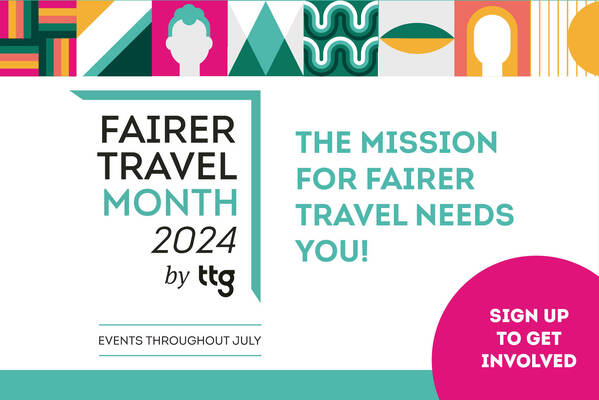Value of global ‘luxury travel eco-system’ revealed
The financial impact of luxury travellers on the places they go to has been estimated as $1.54 trillion a year in a new report.
Taking into account domestic and international visitor spending, and setting aside expenditure on accommodation and airfares when travelling, a new report shows this to be the amount spent in the ‘global luxury travel ecosystem’, deemed to be dining, cultural activities, wellness, sporting events, performance arts and outdoor pursuits.
It’s thought to be the first time this kind of spending has been fully analysed, and was revealed during International Luxury Travel Market (ILTM), which is being held this week in Cannes.
Created for ILTM by Barton in collaboration with Wealth-X, the Global Luxury Travel Ecosystem report concludes that if this ‘ecosystem’ were a country, it would rank in the world’s top 15 economies.
Wealth-X specialises in data on High Net Worth Individuals (HNWIs), those deemed to be worth more than $1 million, of which there are 22.8 million globally, controlling more than $94 trillion between them.
“The reason why this ecosystem is so important to the luxury travel industry is that more and more of these wealthy individuals are seeking curated travel adventures, tailored by advisors who know them well, know what they care about and are passionate for”, the report states.
By analysing profiles held by Wealth-X on the passion points of the world’s wealthy, the report has been able to model what they must therefore spend pursuing these hobbies, likes and way of life during their travel time.
“The report looks for the first time at the influence of the wealthy on travel and how much they contribute – whether it be boat or helicopter trips, top-flight sporting events or dining, from Michelin restaurants to more casual places,” said the report’s author and founder of Barton, Winston Chesterfield. “The influence they have is, of course, disproportionate for their size: this is a small but very important group of individuals.”
He said that understanding the importance of this eco-system and what the world’s wealthy like to spend their money on was crucial to travel organisers.
“Of course there is also great diversity among them too, rather than just one type of person and interests,” said Chesterfield. “Those [agents] who understand the value of the eco-system, and know what HNWIs look for and enjoy are then better able to design more appropriate and desirable experiences for clients.”
As well as analysing data on the wealthy, a range of intermediaries such as travel organisers, advisors and lifestyle managers were also questioned about the habits of their clients.
The HNW population is said to be composed of three tiers: High Net Worth (HNW) individuals ($1-$5 million net worth), Very High Net Worth (VHNW) individuals ($5-30 million net worth) and Ultra High Net Worth (UHNW) individuals (those with $30 million+ net worth), of which there are just 265,490 worldwide.
Overall, travel is one of the most important sectors of spend for the ‘$1m plus club’, the report highlights, pointing to other studies that have estimated HNWIs spend on average around $30,000 per year on travel, primarily in the luxury segment. And of the $1.41 trillion spent annually on lodging and all air travel globally, HNWIs contribute around 36% ($507.6bn).
Chosen pursuits
Among some of the specifics, HNWIs spend an approximate $2.3 billion on cultural activities, around 7.3% of the total spend of all international travellers. “Advisors and hospitality partners have a strong role to play in helping HNWIs connect and learn from local cultural activities,” the report suggests.
The report says HNWIs contribute an estimated 44% of the spend ($113.8 billion) on food and drink experiences when travelling.
When it comes to wellness, HNWIs spend $9.6 billion on wellness pursuits whilst travelling, which equates to 41% of the total spent by all travellers.
The report adds that this also offers an opportunity for both hotels and advisors. “As these individuals over index in all wellness spend, they are more likely to choose hotels that have highly sophisticated wellness offerings onsite, or can bring in or recommend wellness gurus, teachers and instructors”, it says.
Around 15% of the annual spend on attending sporting events globally is contributed by HNWIs, amounting to some $710.8 million. Tennis and golf are of “perennial interest for the wealthy”, with many of them playing as well as watching, and contributing well over half of the revenue for international attendance at top tournaments such as the French Open or the PGA championship.
This cohort also spends highly on cultural events, contributing $1.4 billion of the spend of international travellers towards attending performance arts events.
And when it comes to outdoor pursuits, the contribution by these travellers is $2.2 billion of a $20 billion total spend by all travellers on this per year.
Conscious travel
The report also highlights the increasing emphasis these travellers place on conscious travel, something Chesterfield said had rocketed in the past year.
“Aviation is the elephant in the room when it comes to their travel,” Chesterfield told TTG during ILTM. “In their mind, it is something they have to do, but they will absolutely do all they can to mitigate the decision.”
The report goes onto say that “influenced by knowledge of their travel’s impact on the environment and local communities, they are choosing places to stay and travel pursuits within the eco-system which have strong sustainability pledges and which minimise the impact of their arrival and presence”.
Philanthropy has become a massive factor for the world’s HNWs, with it featuring in the top three pursuits.
“The question is, how do advisors get to know these individuals better to better work with them? How do you build knowledge on them, showing an understanding of them?” the report states. “The wealthy are incredibly private in the management of their lives and need to trust individuals before they open up to them. And this makes showing understanding and knowledge very difficult in the early stages. However, the long-term value of being trusted by one of these valuable clients is huge, and a patient approach is required by advisors looking to build the best lasting client relationships.”
Chesterfield added it was also useful to recognise the behaviour and aspirational desire of HENRYs – ‘high earners not rich yet’ – who enjoy the experiences of luxury sometimes, rather than as a regular way of life.
“Though HNW individuals are a group of focus for luxury travel businesses and advisors, the report assesses that 63% of spend on the outbound luxury travel ecosystem is by such non-HNW individuals, so it’s also important to consider their interests,” he said.

